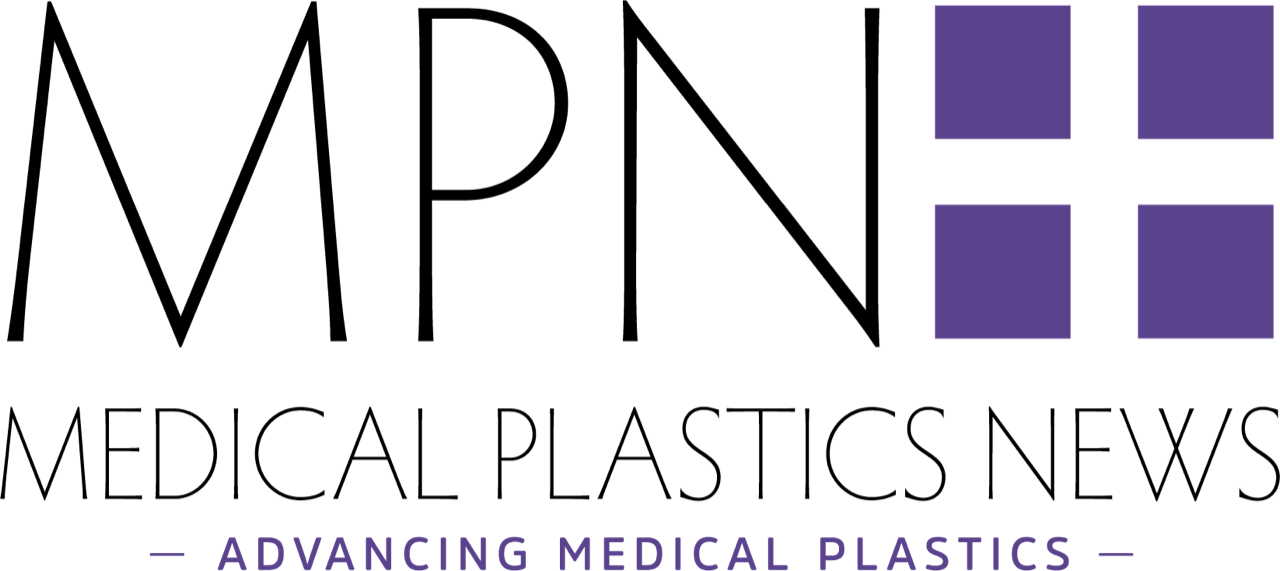The National Institute for Health and Care Excellence (NICE) has recommended a new device, Spectra Optia Apheresis System, for managing sickle cell disease

The device makes sickle cell treatment easier and quicker for patients and could save the NHS in England around £13m each year, according to NICE.
The NICE medical technology guidance supports the use of the Spectra Optia Apheresis System for automated red blood cell exchange in patients with sickle cell disease who need regular transfusion.
The device automatically replaces sickle red blood cells with healthy red blood cells in people with the disease. NICE said that the Spectra Optia is faster to use and patients need the process less often than manual red blood cell exchange.
Carole Longson, director of the NICE Centre for Health Technology Evaluation, said: “Sickle cell can be a painful, debilitating condition, potentially leading to major organ damage.
“Treatments are very limited, so this new guidance recommends a novel option which is very good news for patients as it makes the red blood cell exchange process faster and less frequent.
“The device could save the NHS in England an estimated £13 million each year – around £18,000 per patient – with the size of the saving depending on the patient’s condition and the equipment already owned by the NHS.
“We also recommend that specialists collaborate to collect and publish data on some outcomes of treatment with Spectra Optia to provide further clinical evidence.
“It would be particularly helpful to have long-term data on how automated and manual exchange affects the amount of iron in the body and the need to treat this complication.”
Some blood transfusion therapies increase the amount of iron in a person’s body, which can lead to serious problems such as liver disease or heart failure. Iron chelation therapy is required to reduce the amount of iron in the body but this treatment can make some patients feel unwell.
Treatment with the Spectra Optia is intended to be iron neutral, meaning that patients who are already iron overloaded can have their condition managed effectively, according to NICE.
John James, chief executive of the Sickle Cell Society, said: “The Sickle Cell Society welcomes the NICE guidance on Spectra Optia.
“The Society has worked hard to improve access to this technology and participated in the process every step of the way with NICE to help produce the guidance.
“Many people living with sickle cell would benefit from automated red cell exchange and guidance will enable more and more patients to access this treatment. We anticipate that this guidance will help more hospitals adopt the technology, saving patients from costly and often exhausting travel.”

